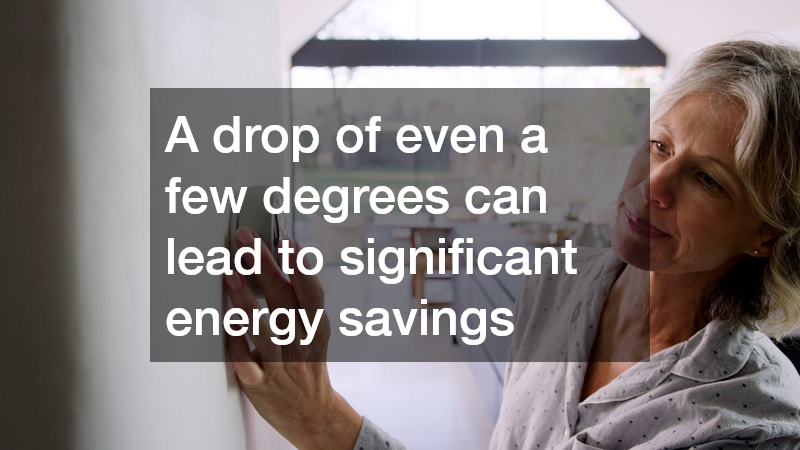As the summer heats up, it’s critical to start preparing your HVAC system well in advance for the colder months ahead. For many homeowners, this means taking proactive and strategic steps to ensure their home remains comfortable, energy-efficient, and reliable throughout the fall and winter seasons. Proper preparation can help avoid unexpected breakdowns, reduce energy costs, and extend the lifespan of your heating system. In this article, we will explore three essential recommendations from experienced HVAC professionals to help you get your home ready for fall, from system inspections and maintenance tips to energy-saving strategies that make a real difference.
1. How can I ensure my heating system is ready for the colder weather?
Preparing your heating system is crucial to maintain comfort. This includes checking the furnace, replacing filters, and ensuring proper airflow throughout your home.
The first step in ensuring your heating system’s readiness for the colder months is to conduct a thorough inspection of your furnace. Look for any signs of wear and tear, and ensure that all components are functioning correctly. Pay attention to any strange noises, which could be an indication of a deeper issue that requires immediate attention.
Next, take the time to replace the air filters in your furnace. Clogged or dirty filters can significantly reduce airflow and efficiency, making it harder for your heating system to operate effectively. It’s advisable to replace these filters every one to three months, especially during periods of heavy use.
Lastly, ensure adequate airflow throughout your home. Make sure vents are not blocked by furniture or other obstructions, and verify that ductwork is properly sealed. Poor airflow can lead to uneven heating, causing discomfort and higher energy costs — something HVAC companies emphasize as key to an efficient system.
2. What maintenance should I perform on my HVAC system before fall?
Regular maintenance of your HVAC system can prolong its lifespan and increase its efficiency. Comprehensive checks, cleaning, and tune-ups are recommended.
Start by scheduling a professional inspection of your HVAC system. Technicians can perform a detailed check-up to identify potential issues before they escalate. They will examine components such as the heat exchangers and ignition systems, ensuring that everything is up to par and ready for the upcoming season.
Cleaning your HVAC system is another essential step. Dust and debris can accumulate in your system over time, impacting both air quality and energy efficiency. Regularly clean the coils, blowers, and other parts of your system to keep it running smoothly and efficiently.
Finally, consider checking and recalibrating your thermostat settings if necessary. A malfunctioning thermostat can cause inconsistent heating and energy loss. HVAC companies recommend ensuring your thermostat functions correctly to significantly improve your system’s overall performance during the cooler months.
3. Are there energy-saving tips for the fall season?
With cooler temperatures, it’s important to consider energy-saving strategies, such as adjusting your thermostat and utilizing programmable features to optimize energy use.
One effective strategy is to adjust your thermostat settings to a lower temperature during the times when you are away from home or sleeping. A drop of even a few degrees can lead to significant energy savings over the course of the fall and winter seasons. Many HVAC companies recommend a setting of about 68°F during the day as a balance of comfort and efficiency.
Another great way to save energy is to invest in programmable thermostats. These devices allow you to set specific temperature schedules that suit your lifestyle. By programming the thermostat to lower the heat during the night or when you’re not home, you can reduce your energy consumption without sacrificing comfort.
Lastly, consider using fans to help circulate warm air throughout your home. Ceiling fans can redistribute warm air that rises to the ceiling, enhancing comfort and reducing the workload on your heating system. This simple adjustment can lead to improved efficiency and a more comfortable living environment as the temperatures drop.
By following these HVAC recommendations, homeowners can ensure their heating systems operate efficiently and effectively throughout the fall and winter months. Partnering with trusted HVAC companies for regular maintenance and inspections can further enhance comfort, improve energy efficiency, and help prolong the lifespan of your HVAC system. Taking these proactive steps not only protects your investment but also provides peace of mind knowing your home will stay warm and cozy when the cold weather arrives. Remember, a well-maintained system is key to avoiding costly repairs and ensuring consistent performance all season long.

